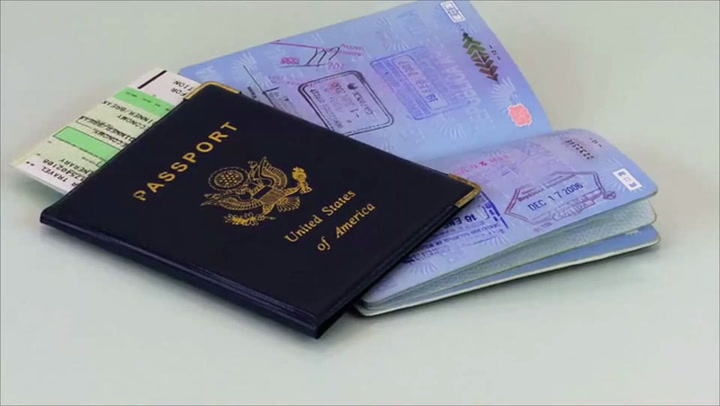Summary
What is a Duplicate Passport?
While most Americans don’t have a passport, there’s a select group of travelers who possess two passports. This situation arises from a little-known State Department loophole that allows travelers to apply for a duplicate passport. For some frequent travelers, possessing a second passport can be a worthwhile investment.
Benefits of Having Two Passports
For individuals who travel to tumultuous regions, a second passport can facilitate entry that might otherwise be denied. For instance, when visiting a country that necessitates a visa, the request may be compromised if customs discovers that the traveler also holds a visa from an adversarial nation. Consequently, having two passports alleviates this concern.
Moreover, travelers who are frequently on the move can securely leave one passport at a consulate while awaiting a visa approval, thus taking the other on international journeys. This strategy simplifies returning home in the event that a primary passport is lost while traveling; however, it is crucial to report the original passport as lost or stolen.
How to Apply for a Second Passport
To obtain a second passport, travelers must complete another application, submit passport photos, and send in their existing passport, which will be returned with the new one. The fee for a second passport is $130.
Considerations for a Second Passport
It is important to note that a duplicate passport has a validity period of only four years. Additionally, there is no guarantee that requests for a second passport will be approved; such requests are regarded as exceptions rather than standard procedures. Applicants must submit a “duplicate passport request” letter outlining the rationale for their request. Each duplicate passport is evaluated on a case-by-case basis.
In conclusion, understanding the opportunity to obtain a duplicate passport can significantly benefit frequent travelers, especially those navigating complex international situations. For further details on this topic, check relevant government resources or consult with travel experts.




